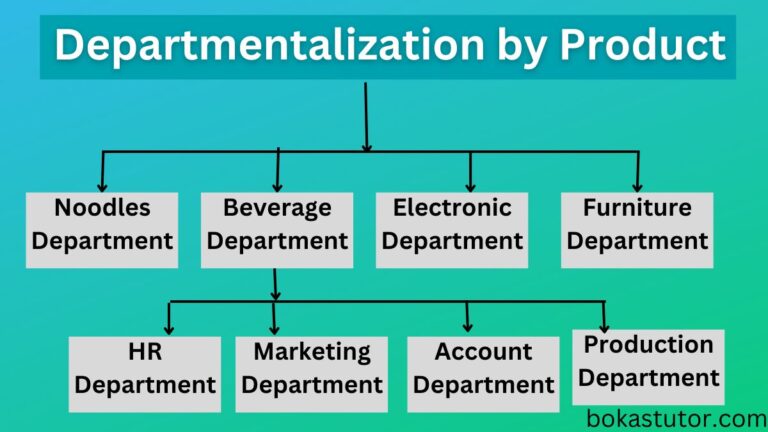Initiative Principle of Management (Explained)
Initiative Principle
The initiative principle states that there should be freedom for employees to do the given tasks in new ways as they see fit.
This management concept makes the assumption that every employee should have trustworthy flexibility to make decisions and build strategies. Employees shouldn’t be penalized for insignificant errors or work. They wish to carry out their obligations at their own risk and with their own understanding. Employees that have more freedom feel more self-motivated, which increases their commitment to the company.
When employees are forced to do the given task the way the manager wants to be done employees will do the manager’s way. But when initiation is ensured it lets employees complete the task in many ways that the manager would not think is possible.
Related: 14 Principles of Management
The manager must welcome the employee’s suggestions in the meeting, decisions makings, and plans formulation. He should realize their suggestions are as valuable as other executives’. When this is ensured employees feel that it is their own plan, it must be completed, and they feel self-motivated, and devote their best effort without any external motivation.
The initiative further enables new ideas to perform the same tasks, employees feel motivated, they become loyal to the organization, and management-employee relations also strengthen.
Thus, the manager should welcome employees’ initiations and encourages employees to present their ways of executing formulated plans. It further makes the working environment more efficient, interesting, and cooperative.
Advantage of Initiative Principle:
- Employees feel valued and motivated as their personal concerns are noticed.
- Many new ideas and techniques are introduced to execute the same tasks.
- Work efficiency increases.
- The facility of initiation to employees further reduces the burden on managers.
- Employees feel self-motivated as such best effort is realized without external yet costly efforts.
Results of Avoiding this Principle:
- The workplace may feel boring.
- Employees’ initiations might be ignored.
- Since employees’ ideas are not considered they feel demotivated.
- Employees may not participate in important meetings.
Read Next: Equity Principle of Management
Sajan Kushmi is a content writer with more than 4 years of experience. He holds BIM Degree. He write on the topics related to Management, Marketing, and Entrepreneurship.






